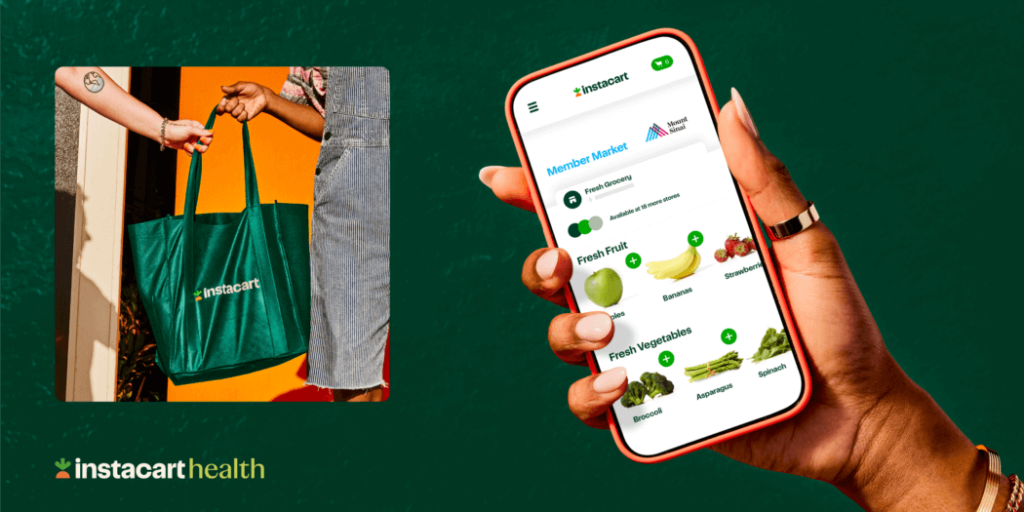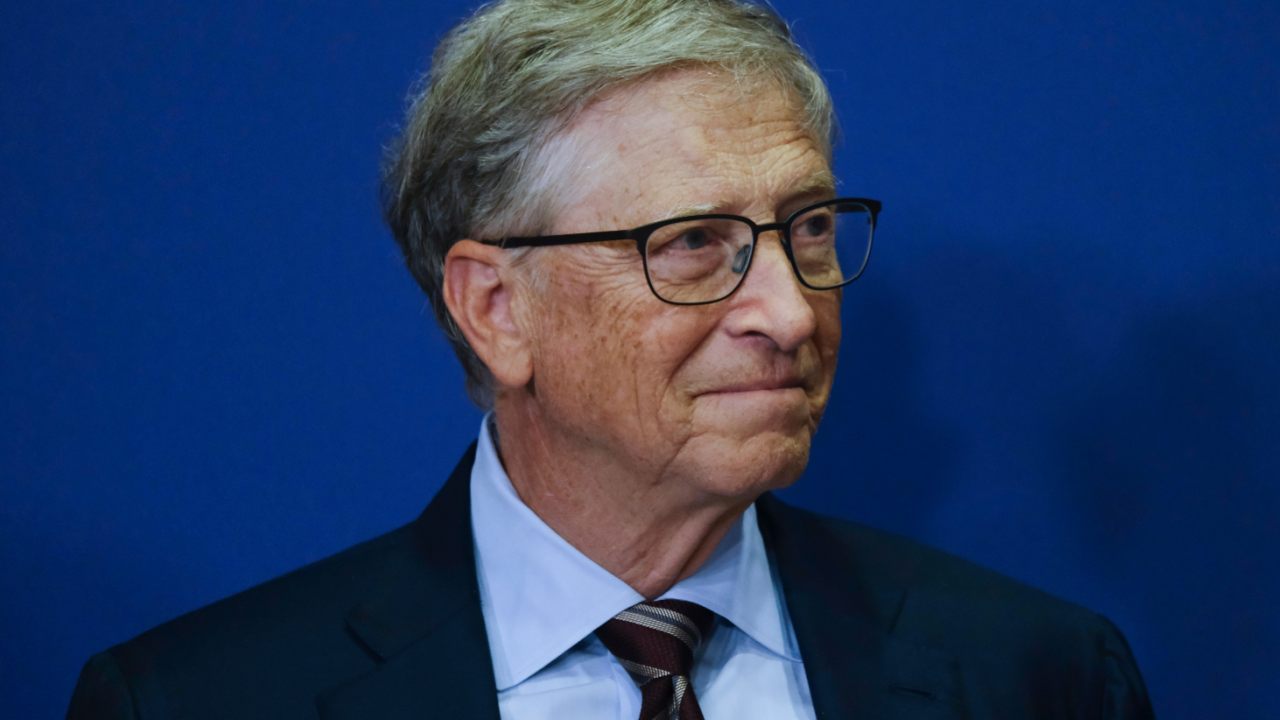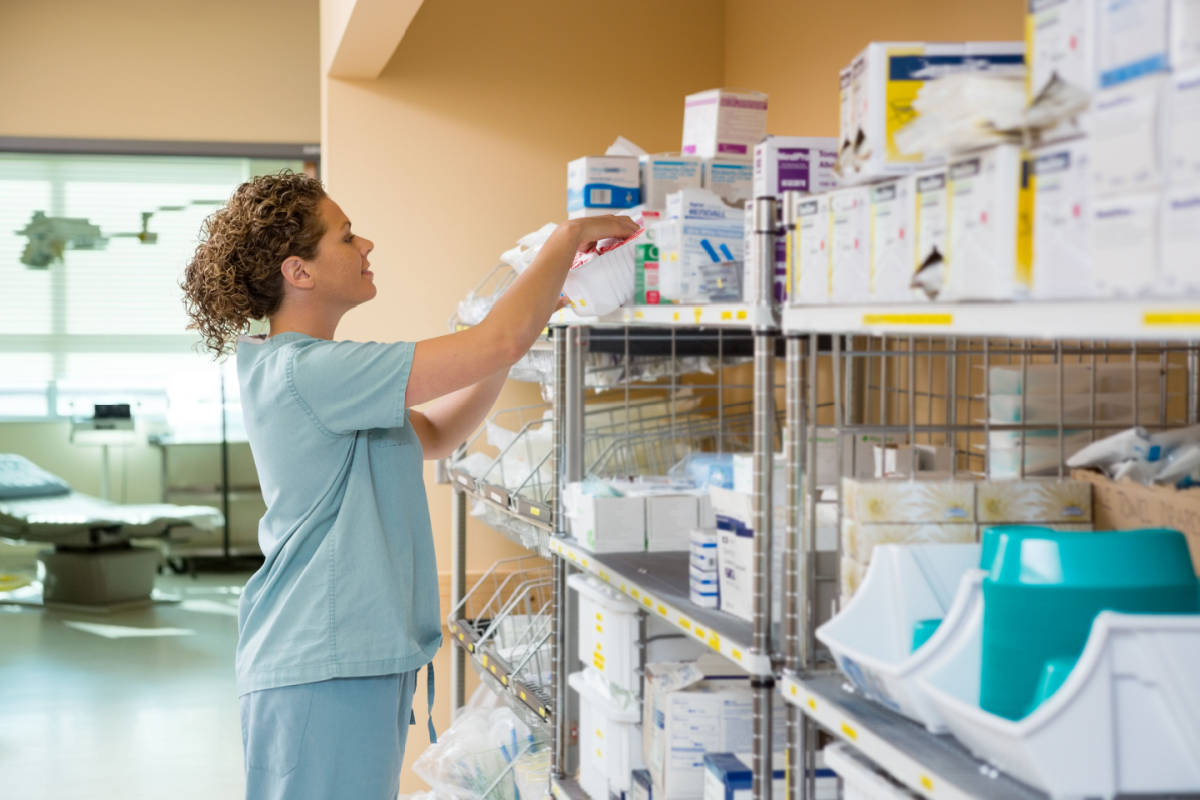Good Measures has made a significant leap forward by showcasing the positive outcomes of its Good Food Prescription program in its first year. This program, designed to combat diet-related conditions, combines expert clinical coaching, personalized meal planning and medically tailored grocery deliveries in partnership with Instacart.
The Emergence of Good Measures
Founded with a vision to revolutionize the intersection of nutrition and health management, Good Measures has established itself as a leader in digital nutrition solutions. Leveraging the expertise of licensed clinicians across all 50 states, the company offers a unique approach that combines clinical coaching, cutting-edge technology and personalized food prescriptions to improve health outcomes and address the social drivers of health.
By partnering with health plans, government programs — including Medicare and Medicaid — employers, providers and care management companies, Good Measures is dedicated to making a meaningful impact on public health.
Related: ModifyHealth is Leading the ‘Food as Medicine’ Industry with New Meal Plans
Success of the Good Food Prescription Program
Since its launch in December 2022, the Good Food Prescription program has celebrated its first year with notable successes. In collaboration with six health plans, the program has demonstrated impressive improvements in participants’ health.
For instance, 68 percent of those who received medically tailored groceries saw better or stable blood pressure levels. Especially for those with stage 2 hypertension, the program reported average blood pressure reductions of 10.6 percent systolic and 13.4 percent diastolic. Moreover, 72 percent of members either lost weight or maintained their weight, with an average loss of 4.5 pounds.
“It’s gratifying to see our comprehensive, fully integrated, personalized nutrition solutions having a measurable impact on the crisis of diet-related disease in this country,” said Donna K. Lencki, Good Measures’ CEO, in a press release. “When the food that gets delivered to your doorstep is personalized to your health condition and cultural preferences, and supported through one-on-one clinical coaching, it clearly leads to sustained change and improved health outcomes.”
The program’s success largely owes to Good Measures’ patented technology, which provides personalized, condition-specific meal plans. Instacart’s Health Care Carts technology supports these plans, facilitating easy access to healthier food options. Dietitian coaches play a vital role by offering regular check-ins, screening for food insecurity and connecting members with vital resources to promote health equity.
The program’s introduction of medically tailored groceries has significantly increased member engagement. Compared to those not receiving food deliveries, engaged members used the Good Measures digital platform 22 percent more and attended 32 percent more coaching sessions. This engagement is vital for health plans looking for tangible benefits from food-based interventions.
Setting a New Standard in Food as Medicine
The Food as Medicine sector is expanding, with numerous entities recognizing the critical role of nutrition in health. Despite competition from companies like Foodsmart (formerly Zipongo) and medically tailored meal services like Mom’s Meals, Good Measures stands out. Its integrated approach combines technology, personalized nutrition and clinical support, setting a new benchmark in addressing diet-related health issues.
As Good Measures and Instacart plan to expand the Good Food Prescription program, they lead the Food as Medicine movement. Their initiative not only serves as a model for effective health management but also highlights the potential of technology and personalized nutrition in advancing public health.












Join or login to leave a comment
JOIN LOGIN